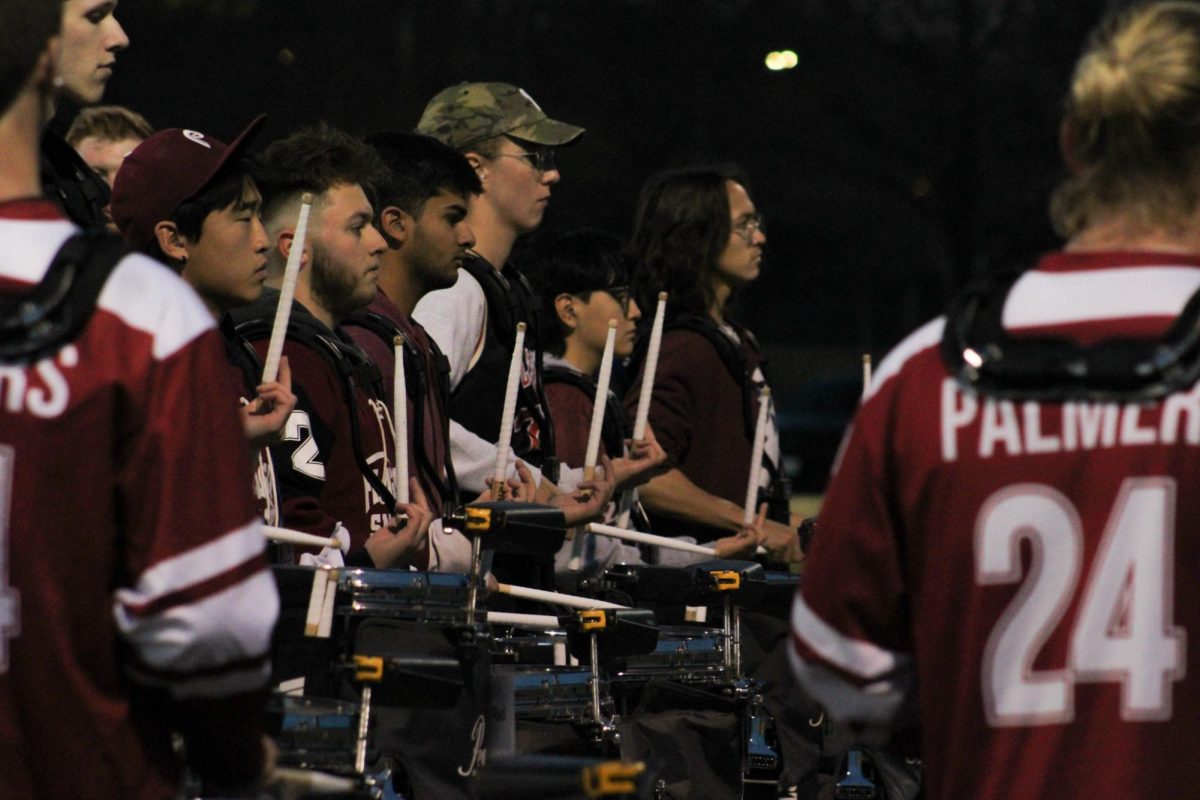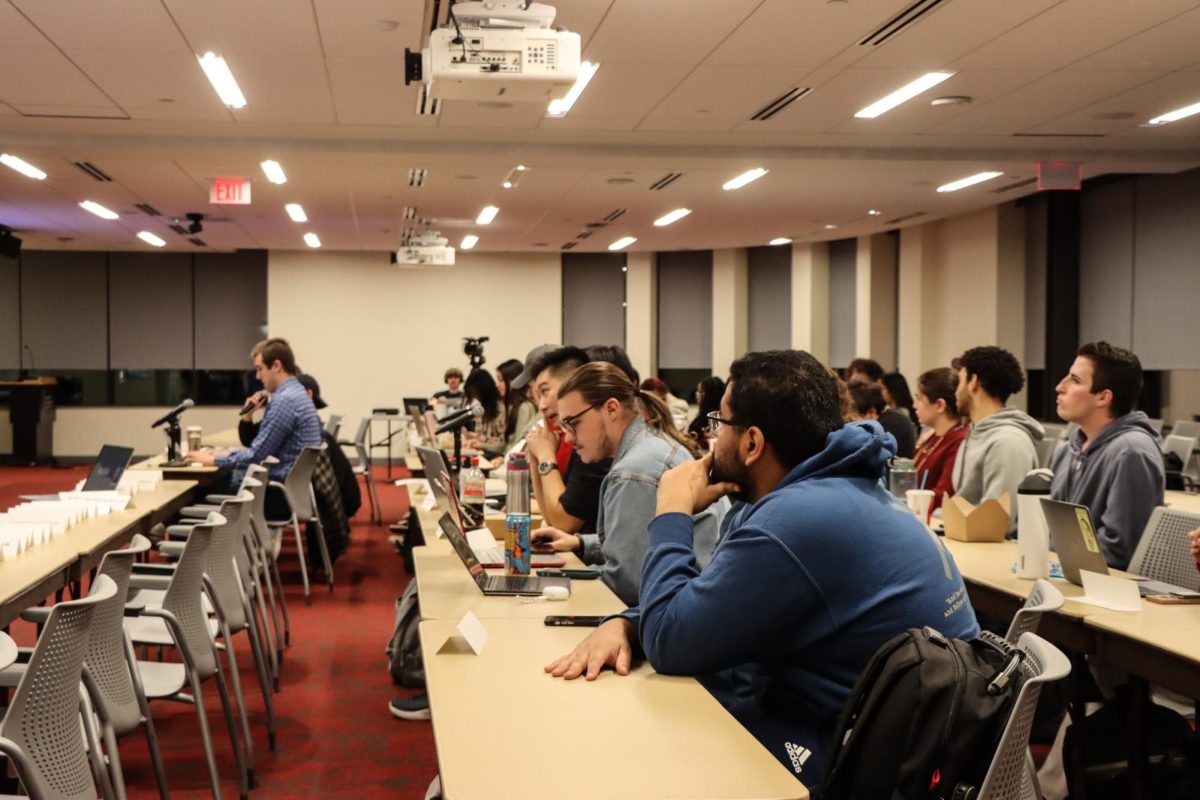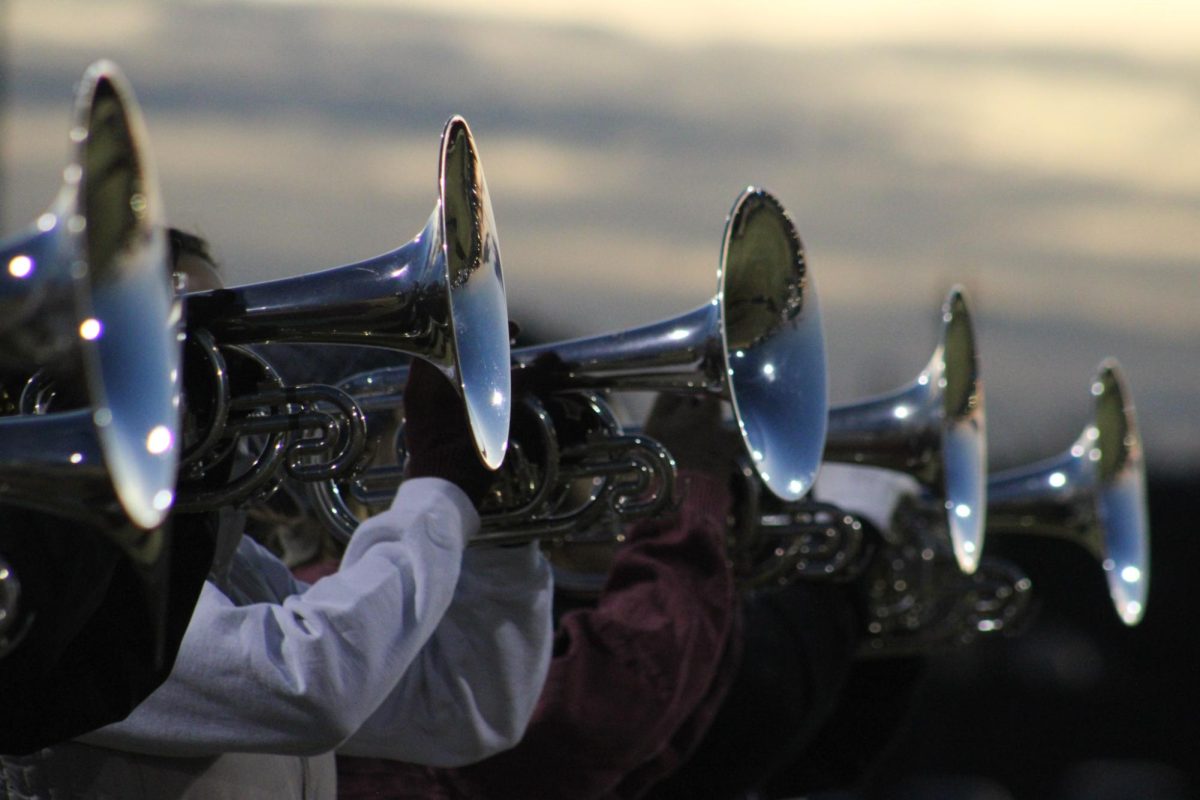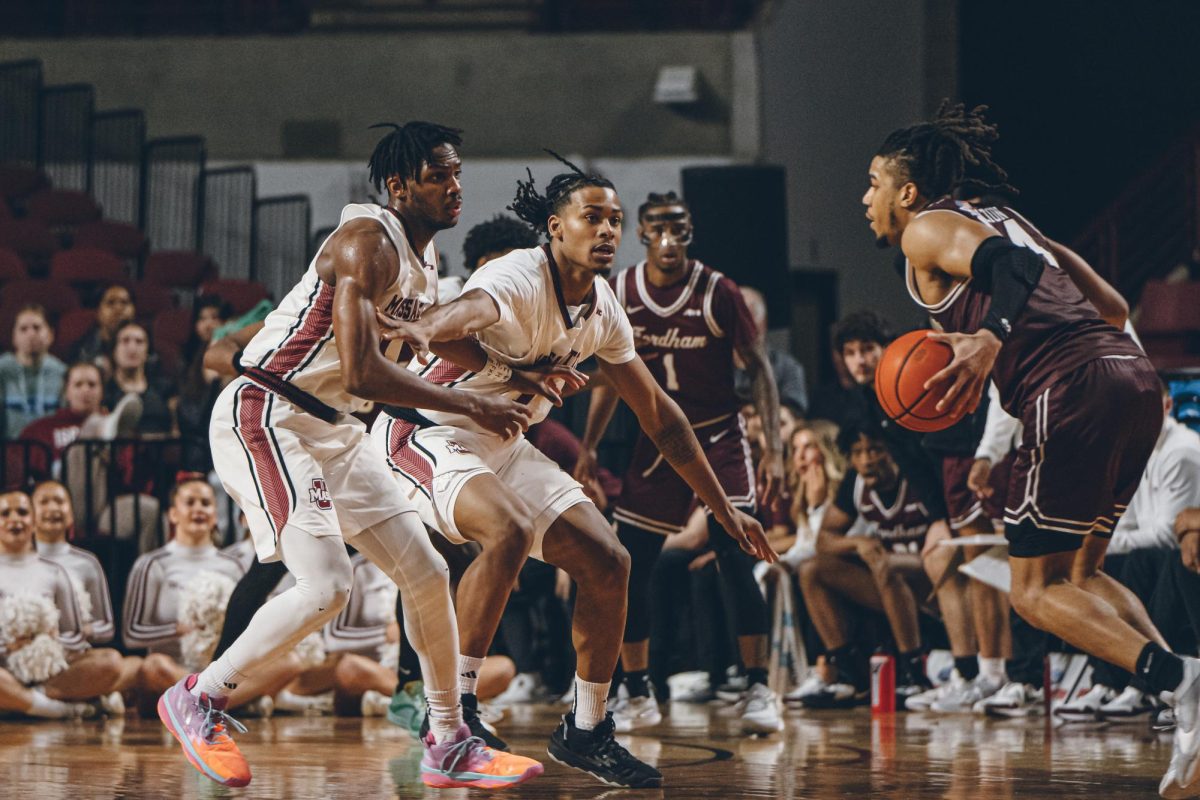By Erika Lovley
Collegian Staff
The condition of a University of Massachusetts student who fell from the third story bathroom window of MacKimmie dorm in Southwest residential area has been upgraded from critical to serious.
Freshman Kunal Malhotra, 18, is being cared for at UMass Medical Center in Worcester, with broken bones in his arms, legs, and a fractured skull. He is a resident of John Adams dorm.
“[Malhotra] was in critical condition for a day or so. From what I know, he’s improving. I believe he damaged both of his arms and legs. He also damaged his face,” said Chris Malhotra, Kunal’s brother, a Virginia Tech student.
“The case is being considered a medical emergency right now,” said UMass Police Department Deputy Police Chief Patrick Archbald. “There were very severe head injuries and apparent broken bones. There was labored breathing upon the officer’s arrival.”
Malhotra fell about 32 feet from the ledge of a bathroom window, striking a concrete platform on the first story, located between the overhang over the MacKimmie building near the building’s rear entrance.
“We don’t know when he’ll be back [home] right now. He needs [to undergo] the necessary surgeries. We don’t know when he’ll be able to be moved from there,” said Malhotra. “At this point, we are all concerned about Kunal and his health. If there is any other information regarding foul play, I’m sure the UMPD will find that out in their investigation.”
Malhotra’s parents are residents of Fairfax, V.A., and were unavailable for comment.
Initial reports stated that Malhotra was standing on the bathroom window ledge on the outside of the building for a period of time, but was encouraged by other students to come back inside. Malhotra apparently returned from the ledge, but then proceeded to climb back through the window. Reports indicate that it was at this time that he fell.
“We are investigating exactly what he was attempting to do, why he was on the ledge, and [possible] attempts he was making to go to the other window just to the east of him. We believe he was trying to get from one window to the other,” Archbald said.
“We are working to find out what the intent was. There was no indication that he was trying to harm himself,” he added.
According to the UMPD, Malhotra was present at a gathering before the accident occurred.
“We are not sure whether alcohol was involved. We are not ready to say whether or not that was a factor,” Archbald said.
“I’d be very surprised if there were drugs involved. Kunal is a very upstanding, responsible kid,” his brother said. “Kunal has never had an accident of this magnitude. I don’t think he’s ever sprained an ankle or broken bones. He’s a pretty healthy kid.”
Dr. Harry Rockland-Miller, a clinical psychologist and director of mental health at UMass Health Services, said that mental health services is capable of providing short-term, long-term and 24-hour therapy, as well as crisis intervention and group therapy for students who witnessed or were affected by Malhotra’s accident.
“[Initial reactions] can vary. Some experience shock, numbness and anger. If they have prior trauma history, they can experience flashbacks or guilt,” Rockland-Miller said. “This would be classified as a type of trauma.”
Although Rockland-Miller was not able to release direct information regarding the treatment of involved students due to confidentiality reasons, he was able to give examples of possible treatment methods.
“When someone has witnessed something traumatic, or if there is shared trauma, such as on a residence hall, we might respond in a group way,” he said.
This approach would include debriefing, the sharing of information, talking about the event, discussing the normal human response to trauma and seeking help through available resources on campus in a group setting.
“We have follow-ups with individual therapies. This is why we have 24-hour therapy available for situations like this,” said Rockland-Miller.
According to Rockland-Miller, the warning signs that someone is having trouble coping with a traumatic event can appear long after the normal grieving period is over.
“Eating or sleeping patterns may be off, and drinking or drug habits may change. These are signs that need attention,” said Rockland-Miller.
Mental health services is working with the University to account for the needs of all of Malhorta’s friends and witnesses of his accident.
“When something like this happens, we are generally called on the scene that day or the next. Both mental health services, health service, residential life offices, the Dean of Students office and faculty mentors are all available for students who need support,” said Rockland-Miller.






